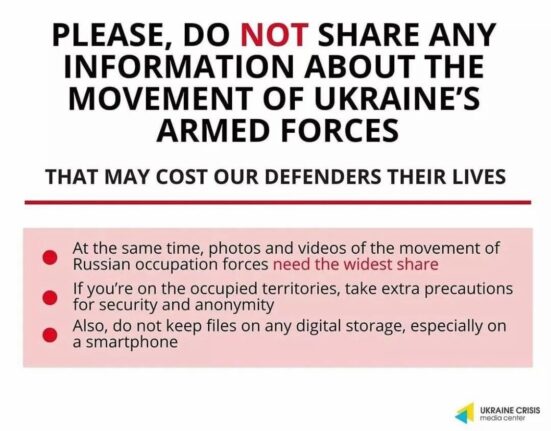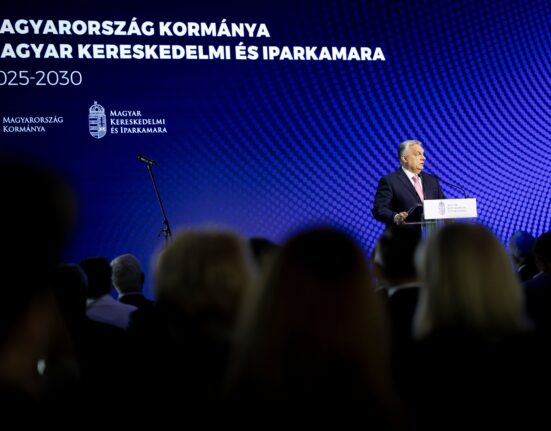In a high-stakes meeting in Vilnius, nine Eastern European countries and the Nordic nations gathered to discuss pressing security concerns. Amidst the backdrop of escalating tensions between Ukraine and Russia, the meeting aimed to reaffirm support for Ukraine while addressing the broader issue of Russian aggression. Nato Secretary-General Mark Rutte and Ukrainian President Volodymir Zelenskyi were in attendance, underscoring the gravity of the discussions.
Finnish Prime Minister Petteri Orpo, standing in for President Alexander Stubb, played a crucial role in the discussions, emphasizing Finland’s commitment to regional security. With Russia’s recent incursion into Ukrainian airspace and ongoing peace talks between the two nations, the specter of conflict loomed large over the meeting.
Denmark’s Prime Minister, Mette Frederiksen, issued a stark warning about the Russian threat, citing intelligence reports suggesting Russian military preparedness against Nato countries in the near future. This ominous backdrop set the stage for critical decisions regarding defense spending and military readiness.
The looming Nato summit in The Hague post-midsummer aimed to address the key issue of defense spending. Lithuania, as the host country, set a bold example by dedicating a significant portion of its GDP to defense, urging other Nato members to follow suit. The United States’ call for a five percent defense spending target underscored the gravity of the security situation facing the alliance.
As discussions delved into the specifics of defense budgets, the allocation of funds between strict defense measures and broader security initiatives emerged as a point of contention. Finding a delicate balance between preparedness for conventional warfare and addressing emerging security threats posed a significant challenge for the member states.
Zelenskyi’s reference to the “spider web” tactic as a new form of warfare highlighted the evolving nature of conflict in the region. The intricate interplay between conventional military tactics and asymmetric warfare tactics underscored the need for a comprehensive approach to security and defense.
The meeting in Vilnius not only underscored the immediate security concerns facing the region but also highlighted the broader geopolitical implications of Russian aggression. The delicate dance between diplomacy and deterrence played out against the backdrop of ongoing peace talks, underscoring the fragility of the current situation.
As the world watches with bated breath, the decisions made in Vilnius and the upcoming Nato summit will shape the future of European security. The specter of conflict looms large, but the collective resolve of Nato members to uphold peace and stability in the region remains unwavering.









Leave feedback about this